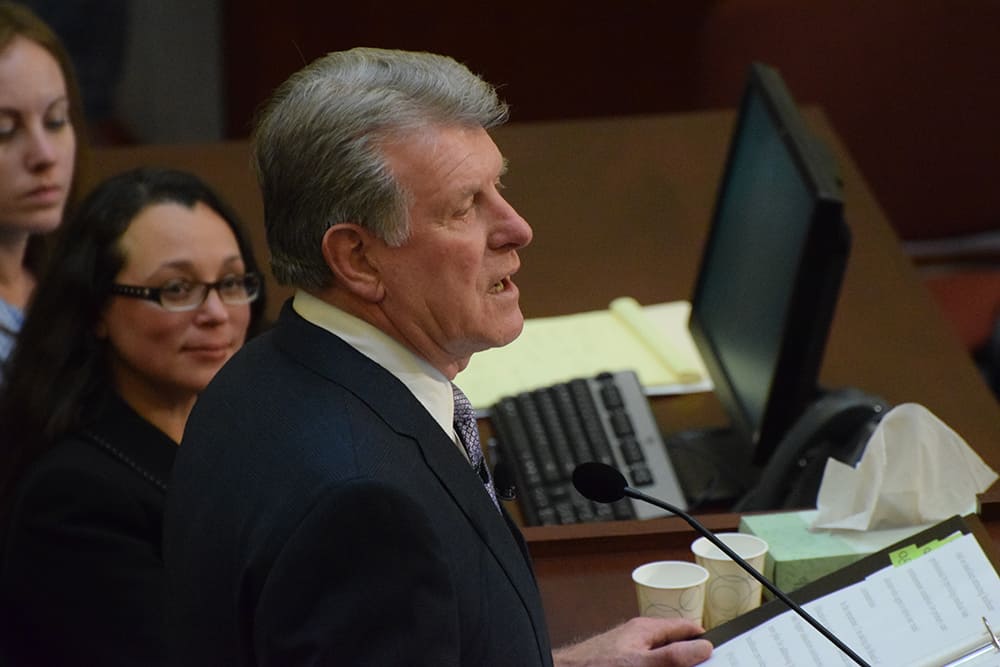


What happened to Butch Otter over the past year?
In January 2015, Gov. Butch Otter gave his final Inaugural Address. This past Monday, a year later, he gave his State of the State address. The difference between his words in 2015 and actions since is stark.
In his 2015 address, the governor seemingly channeled Patrick Henry. He noted how Idahoans are connected by “blood, soil, and tears” to their state. He emphasized “his commitment to liberty,” and encouraged anyone who doubted his “commitment to resisting with all that I am those federal policies that undermine the tenets of federalism or state sovereignty, watch closely over the next four years.”
Well, we watched closely and wonder why we endured another year of federal land mis-management -- with no call to action from the governor.
Last summer Idahoans choked on smoke from the more than 800,000 acres that burned in this state. Nationally, since 1960, that was the worst wildland fire season on record, more than 10 million acres burned. Federal agencies’ response: blame global warming, ask Congress for more money – and continue to restrict timber harvests and grazing.
In the spirit of solutions I offer the governor and Legislature the following three:
The term “multiple use” means the management of the public lands and their various resource values so that they are utilized in the combination that will best meet the present and future needs of the American people; making the most judicious use of the land for some or all of these resources or related services over areas large enough to provide sufficient latitude for periodic adjustments in use to conform to changing needs and conditions; the use of some land for less than all of the resources; a combination of balanced and diverse resource uses that takes into account the long-term needs of future generations for renewable and non-renewable resources, including, but not limited to, recreation, range, timber, minerals, watershed, wildlife and fish, and natural scenic, scientific and historical values; and harmonious and coordinated management of the various resources without permanent impairment of the productivity of the land and the quality of the environment with consideration being given to the relative values of the resources and not necessarily to the combination of uses that will give the greatest economic return or the greatest unit output.
Last Monday, Otter stated that he has not given five minutes thought to his legacy. Well, the greatest legacy Gov. Otter could give to the people of Idaho is to support concrete steps toward controlling the 32 million acres of federally-owned public land in this great state.

